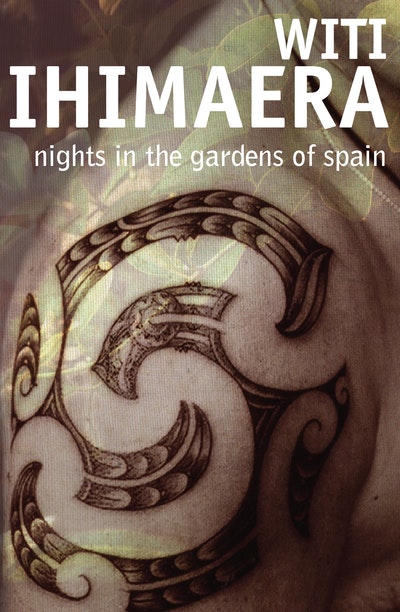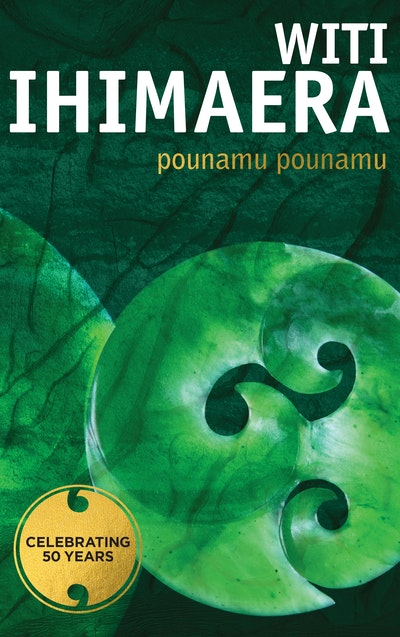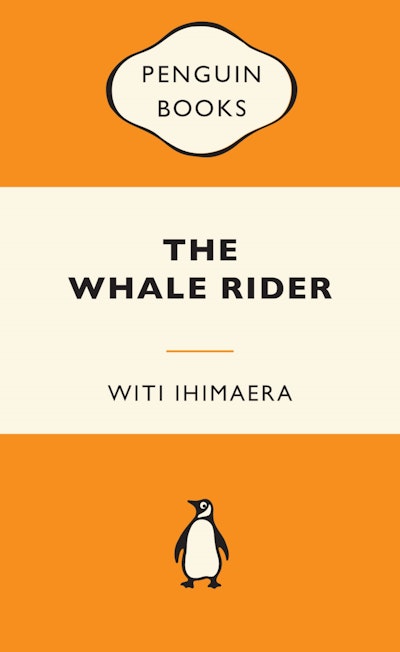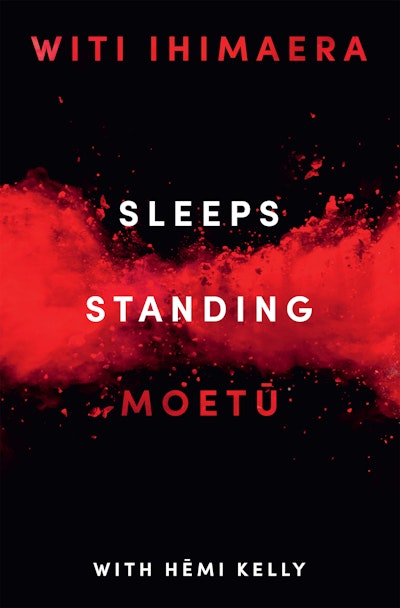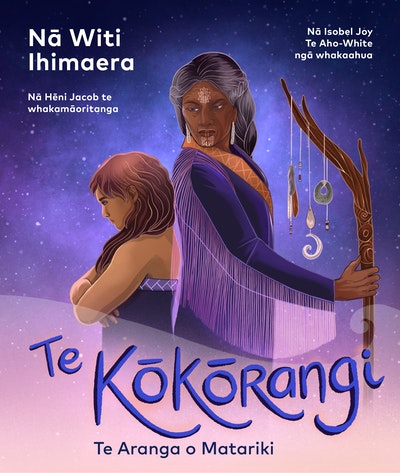[]
Nights in the Gardens of Spain
Buy from…
- Published: 1 March 2010
- ISBN: 9780143203940
- Imprint: Raupo
- Format: Paperback
- Pages: 304
- RRP: $30.00
'The storyline is impeccable . . . the drama tense and sustained.'
PRH, PRH
-The Press
PRH, PRH
'Complex, clever . . . and thoroughly randy.'
PRH, PRH
-Quote Unquote
PRH, PRH
